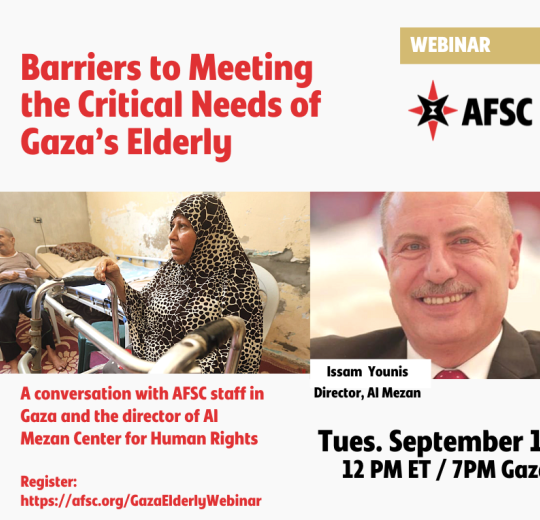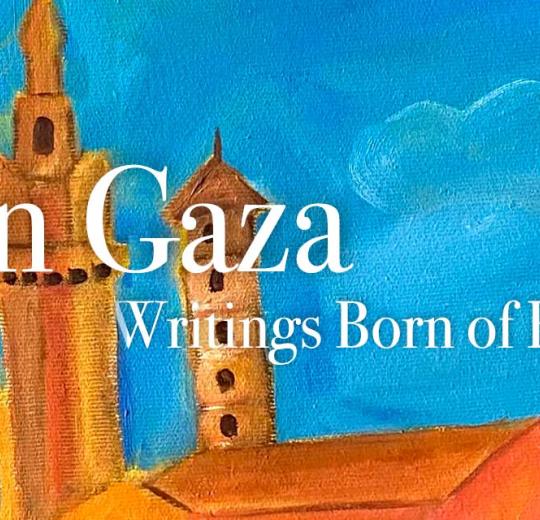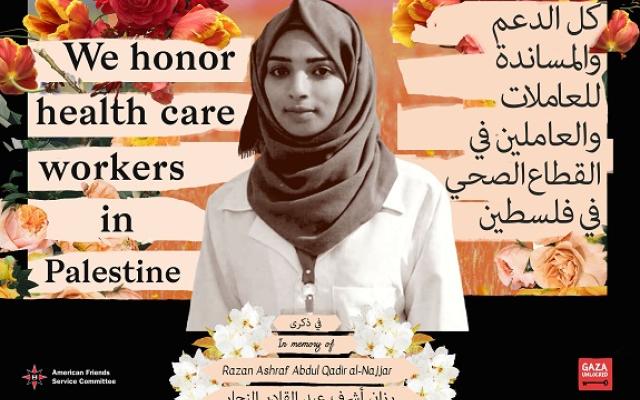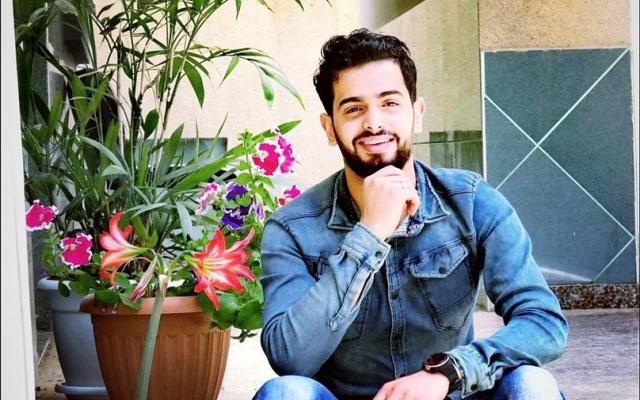The amount of medicine and medical consumables available is not enough. Right now, we are only half way through the month, and we are already almost out of antibiotics. There used to be more that came from donations, but the amount coming isn’t enough and the quality is not good. There are around 60 health centers from the north to the south of Gaza, and medicine needs to be distributed to all of these centers. There isn’t enough.
Living here in this situation, without electricity and without proper sanitation, this is the cause of disease. If we have electricity, there is no water. Even when we have water, it is unclean. We have a problem with pollution and no filters. Most people can’t pay for clean water or filters. If you don’t have clean water, you should boil your water, but people don’t have gas, they don’t have electricity so they can’t do this. People can’t meet their basic needs.
Here at our house, water only comes every few days. To pump the water to holding tanks, you need electricity. If the water comes when there is no electricity, you can’t pump it to your tanks on the roof. And the water is incredibly salty. Sea water has filtered into the aquafer. I put a filter on my tap, and it doesn’t work. It is like filtering the sea. If I take a shower, my skin is white from the salt when it dries.
Recently the water has improved somewhat. It is cleaner and we can take a shower, but the water can’t be drunk.
About gas, you can’t just buy a bottle of gas. It can take months to refill a bottle. How do you deal with this? If you have connections and money, as my husband and I do, then you can pay for gas, but what about others? The base cost of gas is around 52 NIS. We can pay more when there is a shortage—sometimes up to 100 NIS—but others can’t.
Our family situation compared to others who don’t work or have large families is very good, but we are all impacted.




